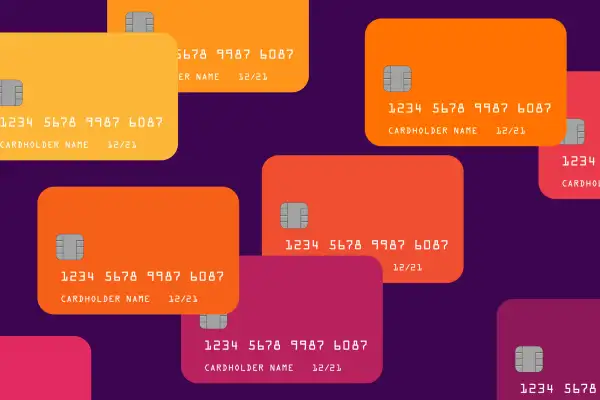5 Expert Ways to Maximize Your Credit Card Rewards (Without Overspending)

There's plenty of places, including here at Money, where you can learn which credit cards offer the best deals. But if you already have sizeable portfolio of plastic, then the key to getting the most value out of your credit cards is how you use them.
I've been writing about the credit card industry since 2008, and I manage over two dozen active accounts in my household. Yet I know plenty of people who have a wallet full of great credit cards, yet they struggle to manage them effectively and maximize their potential. Here's how I maintain excellent credit while earning tremendously valuable rewards.
1. Use Autopay
For years I made sure to put all of my paper statements in a pile, and go through them every week to schedule payment. But that turned out to be an error-prone system. For example, if I went out of town for a week or two, I could have a payment due shortly after I returned and was still catching up. Plus, this system relied on me receiving every statement in the mail in a timely manner, which sometimes didn't happen.
But thankfully, nearly all credit card issuers offer an autopay service. Typically, you can choose to have your payment made from your bank account, on the due date for your entire statement balance, the minimum payment or any other amount in between. Needless to say, I always recommend that you avoid interest charges by paying your balances in full, every month.
Using this "set it and forget it" mode means that all you have to do is ensure that you have enough money in your bank account to cover your payment, and you'll never have a missed or late payment ever again.
2. Align your due dates
Since 2009, Federal law has required credit card issuers to have payments due on the same day of the month, every month. Furthermore, most credit card issuers will allow you to change your due date to any day of the month that you choose.
I recommend that most people make all of your credit card due dates on the same day of the month, just to simplify things. If you get paid on a regular basis, then it can make sense to make your due dates a few days after you receive your payment. And if you hold a large number of credit card accounts, then it can sometimes be helpful to split your cards between two different due dates, reducing the amount of payments that you have to make on a single day.
3. Keep a diary
There are many credit card rewards and benefit programs that are limited by card-member year. But what is that? It's the year that starts and ends on the anniversary of the date you opened the account. The account opening date is the day the card issuer approved the account, not the date your card was mailed, received, activated or first used. And if your cards have annual fees, then they will always be billed on your account opening anniversary.
It can help to create a spreadsheet where you can record which cards you have, when you opened them, their payment due date and notes about their benefits and rewards. Alternatively, there are a number of apps that have been created to help you track your credit cards. Two of the leading apps that have been created for this purpose are MaxRewards and Travel Freely.
4. Review your statements
It is the duty of every credit card user to view their statements each month. When you do so, you should be looking for anything unusual, such as unauthorized charges and recurring charges that you had meant to cancel. Thankfully, Federal Law law allows you to dispute any fraudulent or inaccurate charges, but you can only do so if you review your statements and find them.
5. Communicate with your card issuers
In general, credit card issuers are eager to satisfy their customers, as they know that you have dozens of other banks and credit unions to take your business to if you're dissatisfied. Did you accidentally make a late payment? Then contact your card issuer and ask to have the late fee waived. You can also ask to have your annual fee waived, but you're more likely to receive some sort of "retention bonus" instead. And you don't even have to spend time calling the card issuer, as many offer the ability to start a text chat with an agent, or send them a secure message.
Bottom Line
Credit cards are incredibly powerful and valuable financial tools, but nobody ever said they are easy to manage. By utilizing these five simple tips, you can go from being a credit card novice to a season expert faster than you may have thought possible.
